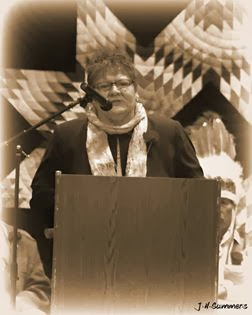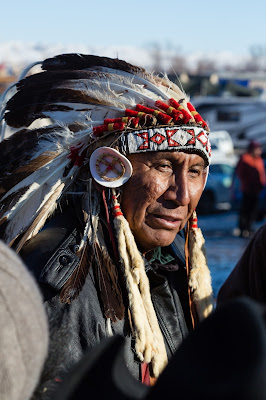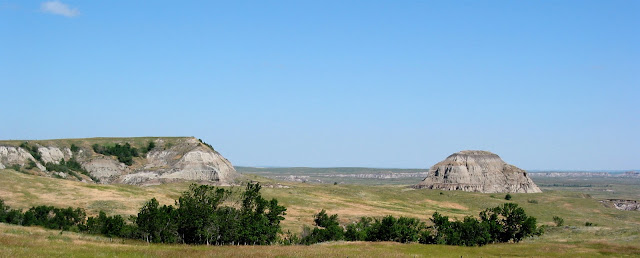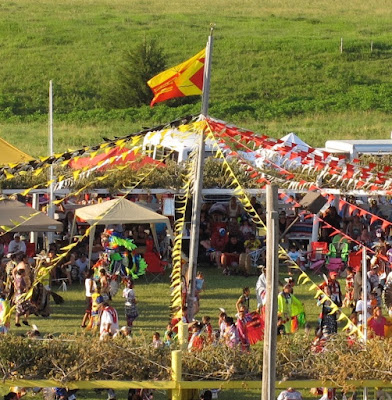Tribe Charges Discrimination Against Native Children

This article appeared in Rural America In These Times in 2017. For more on topics like this, see my book, American Apartheid: The Native American Struggle.... “I don’t want another generation to be pushed into suicide, addiction or prison,” said tribal executive board member Roxanne Gourneau, shown here, of the Fort Peck Indian Reservation, in northeastern Montana. The executive board, which represents the reservation's impoverished Sioux and Assiniboine tribes, has asked the U.S. Justice and Education departments to investigate treatment of Native students in the public schools of Wolf Point, a reservation town. White families obtained land here in years past and have since controlled the local economy, politics and educational system. The tribal complaint alleges extreme disciplinary measures targeting Native children in the Wolf Point School District. These are accompanied by continual taunts and bullying by white administrators, teachers and students alike, as well as


